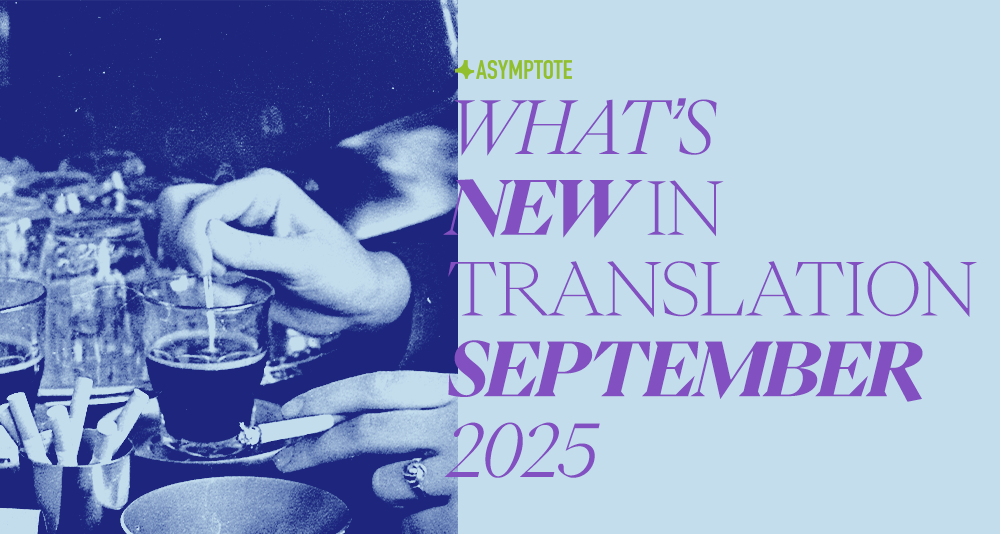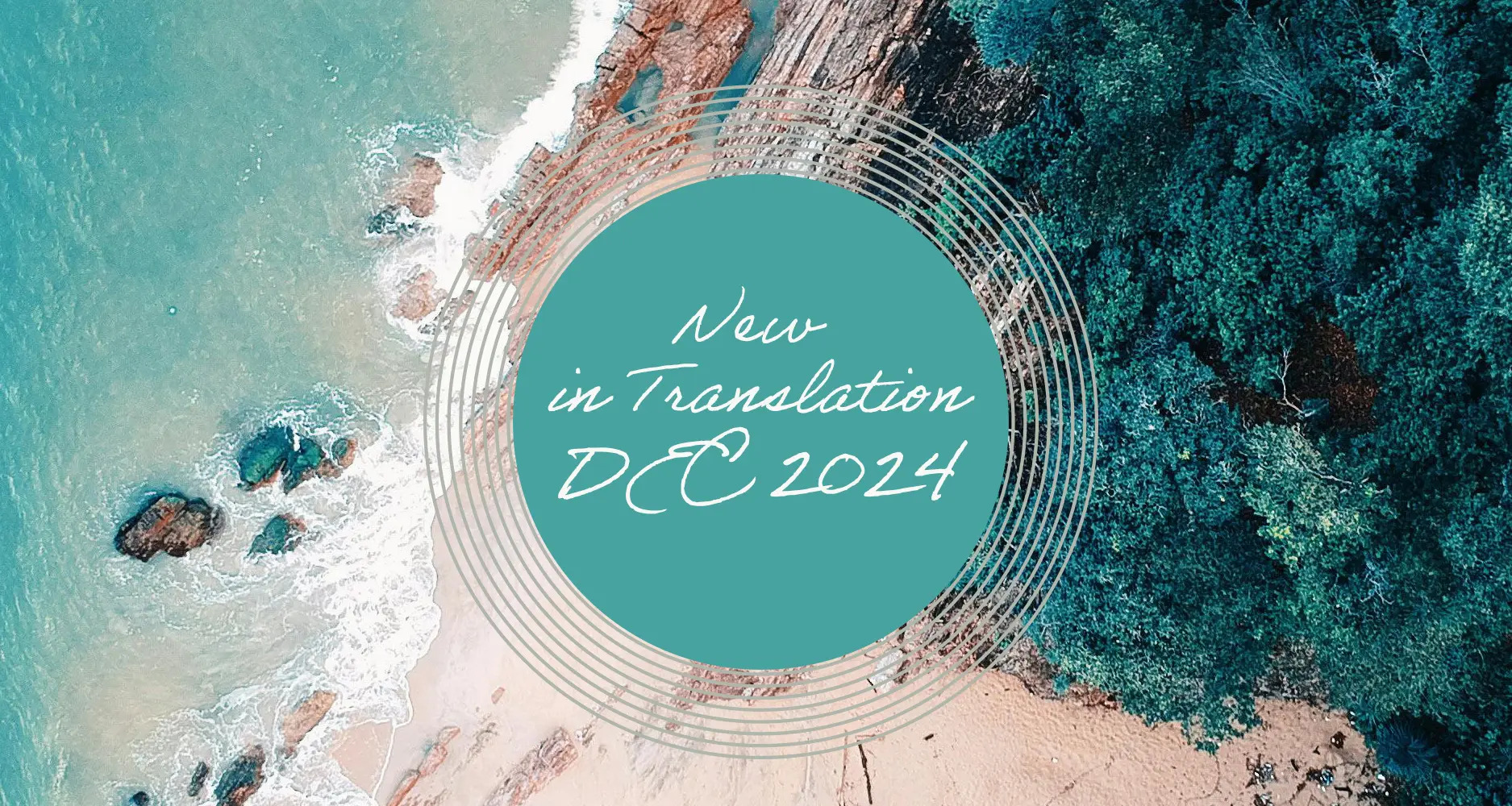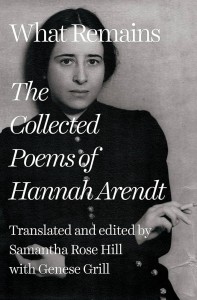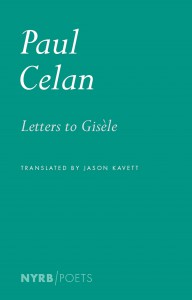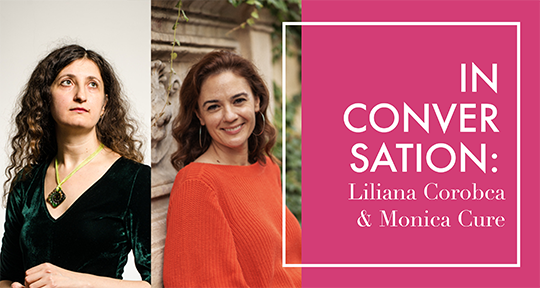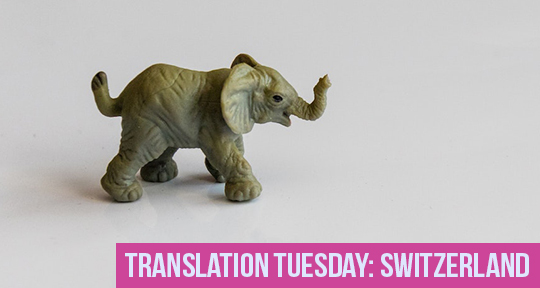This month, we bring you thirteen reviews from thirteen countries: a poetry collection that reimagines friendships with long-gone revolutionaries, a tender and incisive rumination on disappearance, the latest novel on the inexplicability of love from a Nobel laureate, a story of Silicon Valley-fueled descent, a compilation of Latin American feminist thought, and much much more!

Duels by Néhemy Dahomey, translated from the French by Nathan H. Dize, Seagull Books, 2025
Review by Timothy Berge
Néhémy Dahomey’s Duels is set in 1842, thirty-eight years after Haiti’s independence—a storied liberation that came through one of the largest slave uprisings in history. France withdrew, but issued an absurd debt of one hundred and fifty million francs. Paying off a debt while attempting to modernize a new country was a tough balancing act, so Haiti imposed high taxes on its citizens and forced them into unpaid labor.
Duels takes place in Böen, a small town in the Cul-de-Sac Plain that evaded a census for several years. As a result, no one in the town had fallen victim to the government’s schemes—until a local official decides that he needs laborers for a new project. From there on, in the context of freedom, economic entrapment, and postcolonial growing pains, the events of Duels unfold. Nathan H. Dize’s translation reads like a yarn spun out by an old relative with a deft deadpan humor, aptly navigating the tense shifts between past and present, and generating a sense of perpetuity for these characters and their stories. Here, the historical and the contemporary connect and blur. READ MORE…


